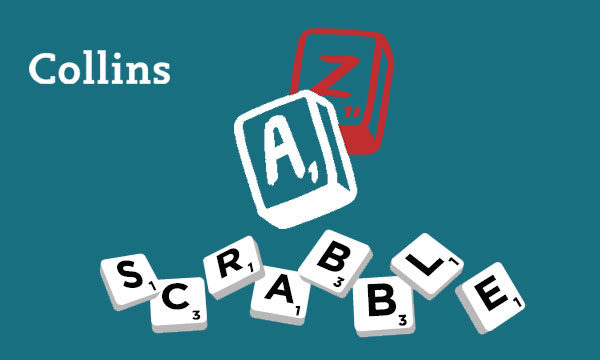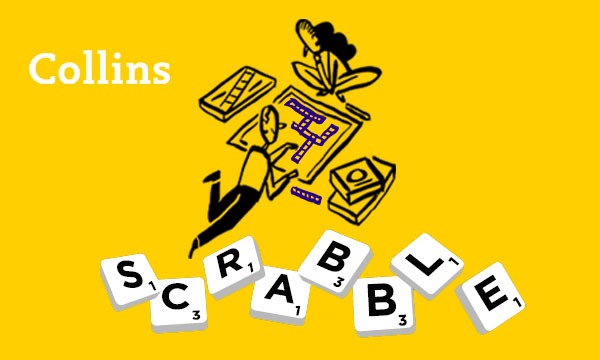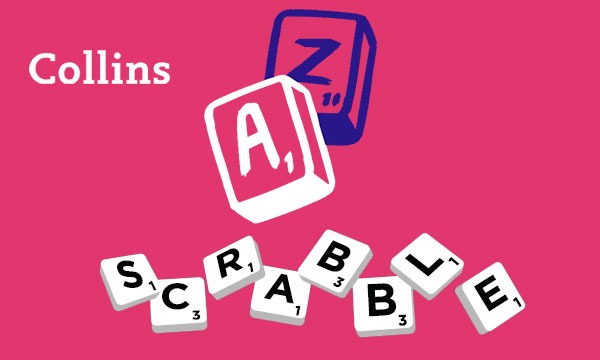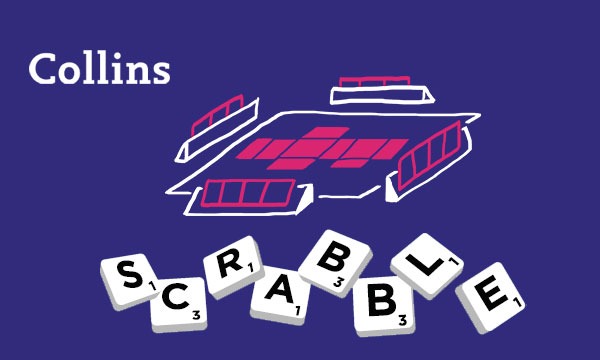There are words you can play even though they are probably not shown in a dictionary (though they will be in Collins Official Scrabble Words). Verbs, for instance, can generally have S, ED or ING added to them. So PRINT can become PRINTS, PRINTED, PRINTING even though this isn’t shown in a normal dictionary. The same is true for rarer verbs, like KVELL (be happy).
Remember that some verbs, especially short ones, don’t use the ED ending: RAN, WROTE, WRITTEN. Some verbs drop a final E before adding ED and ING (COMPARED, COMPARING) and some double a final consonant (SCRAPPED, SCRAPPING) but these should be fairly obvious to an English speaker.
The three endings in the previous tip are the only ones you can assume a verb will take (with the provisos mentioned). Some players think that a verb can automatically have RE or UN added to the beginning or ER to the end. It can’t. These additions have to be in a source dictionary for the word to be valid. So you can have RECOMB but not REBRUSH, you can UNSTEEL but you can’t UNSTEAL, and you can be a PHONER but not a FAXER.
By Barry Grossman
Barry is a leading UK Scrabble player and winner of several tournaments. He is the author of Scrabble for Beginners (Chambers), Need to Know Scrabble, Scrabble – Play to Win and The Little Book of Scrabble Trickster. He has also contributed to numerous other books on the subject of words and word-games, has been a series champion of Channel 4’s Countdown, and has written four comedy series for BBC Radio 4. He lives in Hertford.
All opinions expressed on this blog are those of the individual writers, and do not necessarily reflect the opinions or policies of Collins, or its parent company, HarperCollins.



